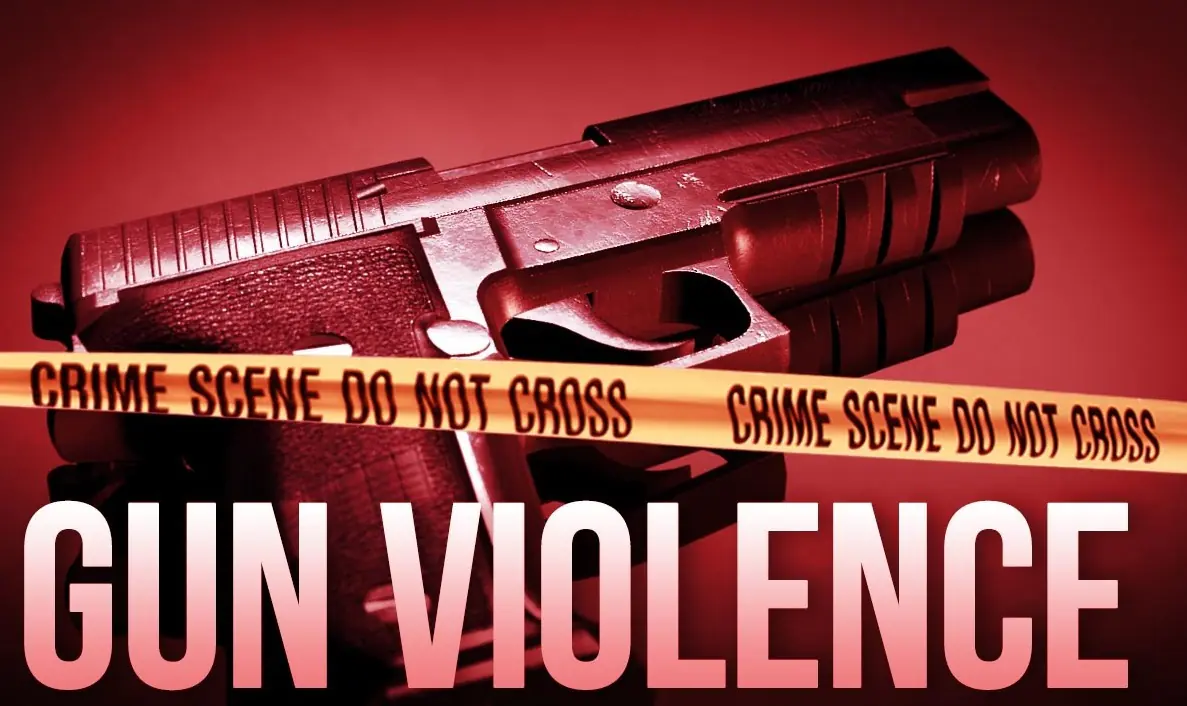The issue of gun violence in St. Vincent and the Grenadines is pressing and demands our immediate attention. Recent reports indicate that the nation has recorded its 52nd homicide in 2024, marking a disturbing trend that rises sharply each year.
For instance, the murder of Isaiah Antrobus in the Glen community underscores the tragic impact of gun violence on local communities. Each incident not only results in loss of life but also engenders a greater sense of insecurity among residents.
Statistics reveal a concerning escalation in gun-related crimes and fatalities. According to the Royal St. Vincent and the Grenadines Police Force, incidents of shootings have become increasingly commonplace, with some events being categorized as mass shootings, as evidenced by a recent incident where five individuals lost their lives in Kingstown.
The use of assault weapons in these shootings further complicates the narrative, prompting fears of organized crime and potential reprisals.
As we analyze these trends, it is crucial to highlight the implications of gun violence on public safety and community cohesion. The rising homicide rate not only endangers lives but also affects the overall perception of safety in the nation. We must collectively engage in discussions around preventive measures to ensure that our communities remain safe and resilient against such violent acts.
Historical Context of Homicides in the Region
To understand the current state of gun violence, we must look into the historical context of homicides in St. Vincent. An overview of homicide statistics from 2000 to 2012 illustrates fluctuations in the number of recorded homicides, with a notable spike in 2023, where 55 homicides were reported. The annual rates reveal a complex relationship between socio-economic factors, crime, and violence.
Several key factors have contributed to the rates of gun violence we witness today. Among these are socioeconomic disparities, the proliferation of illegal firearms, and gang-related activities. We must also recognize the influence of regional dynamics, as our nation grapples with challenges similar to those faced by other Caribbean nations.
For instance, while St. Vincent experiences a rising trajectory in gun-related homicides, countries like Trinidad and Tobago have had historically higher rates, largely attributed to their specific socioeconomic challenges and crime networks.
By comparing our experiences with those of our regional neighbors, we can better understand the underlying causes of gun violence and recognize that many factors intersect to create this pervasive issue. It is imperative that we recognize these influences and work collectively to devise strategies that address them holistically.
Community Impact and Public Perception
The rise of gun violence has profound societal effects that ripple through our communities. With each reported shooting, we witness an erosion of public trust in safety and security. Residents often feel vulnerable and anxious, contributing to a culture of fear that can isolate individuals and communities from one another. The implications of these dynamics are considerable, affecting social interactions, community gatherings, and overall well-being.
Public sentiment regarding safety is intertwined with perceptions of crime and violence. Many community members express deep concern about the frequency and severity of violent incidents. Continued exposure to reports of gun violence can lead to a psychological impact on the populace, shaping attitudes toward community cohesion and collective efficacy.
As such, there is a pressing need for community-led efforts that aim to foster dialogue, resilience, and collaboration in response to violence.
Innovative community initiatives targeting youth and offering opportunities for skill development and recreational activities stand as exemplars of how we can proactively tackle gun violence. Programs designed to engage young people constructively can divert their attention from gang influences and foster a sense of belonging and purpose. Collective efforts led by community organizations, faith-based groups, and educational institutions play pivotal roles in addressing the root causes of violence and fostering a culture of peace.
Our journey to diminish the impact of gun violence in St. Vincent and the Grenadines requires a multipronged approach that includes government initiatives, community engagement, and broader societal reform. As we confront the deeply entrenched issue of gun violence, it is imperative that we learn from past experiences, engage active dialogues within our communities, and work collectively toward innovative solutions that pave the path toward enhanced safety and security for all.





